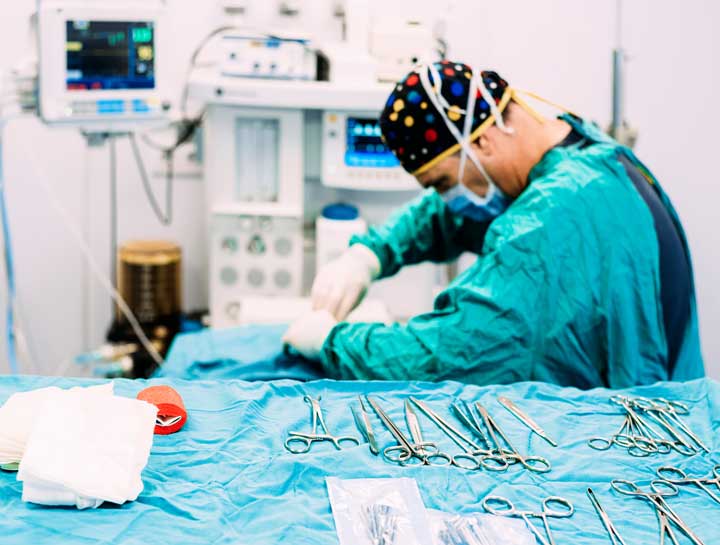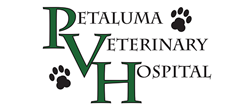Surgical Information
Is surgery right for your pet.
We use state-of-the-art surgical techniques that you should expect from an AAHA-Accredited Hospital. Our veterinarians perform many routine procedures. For more difficult procedures we call in board-certified veterinary surgical specialists.
Our Surgical Suite includes advanced equipment, and our technical staff is fully trained to provide safe and efficient procedures. Pets are carefully screened for safety; anesthetic selection and dosages are tailored to your pet. We use heated blankets for greater comfort in surgery, as well as advanced sterilization techniques, oxygen saturation monitors, intensive after-surgery care, and full blood testing.
Surgery can be Stressful
Veterinary surgery can be stressful for both you and your pet, no matter how minor the procedure may be. You may only be dropping your pet off for a spay, but you are trusting us to care for your pet when it is most frightened. At Petaluma Veterinary Hospital, we understand how important it is to make sure that your pet is being treated like one of our own. Our trained veterinary staff are not only here to care for your pet, but to help guide you through what can be a scary course of events.
Outside Specialists
When we bring in an outside specialist, we only work with skilled and compassionate veterinary surgeons who will always do their best to care for your pet before, during, and after the operation. We frequently and successfully bring in Dr. James Farese, DVM, DACVS, founder of North Bay Veterinary Surgical Services. Dr. Farese has been board-certified in Small Animal Surgery for 20 years and has a great deal of experience in orthopedic, oncologic, and general/soft tissue surgical procedures.
We put the focus on patient safety, pain management, and using the most up-to-date surgical techniques in order to meet and exceed the expectations of our pet owners. At PVH, your pet will be carefully monitored before, during, and post-op. We will give you a complete overview of the procedure before you bring your pet in so that we can address any questions or concerns you may have.
Post-op
Once your furry friend has made it through their procedure, there is still a long way to go on the road to recovery. Following surgery, we carefully monitor and care for your pet until it is ready to go home. Once you arrive to take your pet home, we’ll explain any medications and dosages your pet may need, including appropriate pain medication to keep your pet comfortable during recovery.
We will also help you to understand any adjustments that might need to be made for your pet, either temporarily or permanently, and what you should do if you notice any unusual behavior in your pet.
Going home
Though we will give your pet the best post-op care possible, you are encouraged to watch your pet closely after returning home. Our staff will explain what symptoms to look for depending on your pet’s specific surgery. Signs of surgical complications can be life-threatening, so it is important that you call us as soon as you notice symptoms in your pet.
Dogs in particular should be closely watched after surgery because they are generally more active and can cause additional postoperative complications. A few of these include incisional swelling, incision discharge, excessive licking or chewing at the incision site, lethargy, loss of appetite, and vomiting. Any surgery, no matter how small, comes with potential risks to your pet. These risks can be intensified based on the age and existing conditions of your pet. Always monitor your pet closely during the recovery process and be sure to follow any instructions our veterinary team sends home with you.
Conclusion
Surgery can be a big deal for both you and your pet, but working with our veterinarians can help you to feel more at ease, even before the procedure takes place. Don’t worry about whether or not your companion is in good hands where their health is concerned; talk to a veterinarian at Petaluma Veterinary Hospital first.
Feel free to call our office at (707) 762-3511 if you have any questions or would like to learn more about our surgical services for your pet.

